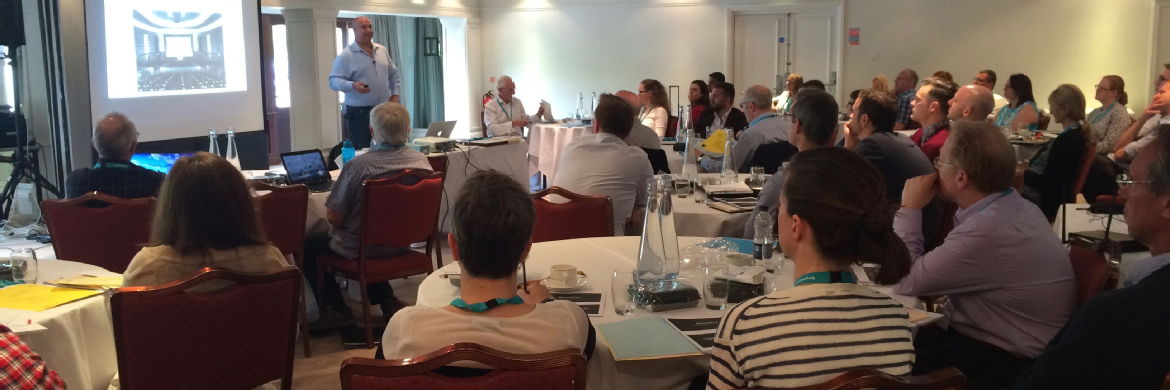The Knowledge and Innovation Network

The Knowledge and Innovation Network
Improving knowledge management capabilities of UK organisations
Sharing knowledge within and across organisations encourages innovation and best practice. Professors Davide Nicolini and Jacky Swan have worked with major private, public and charitable organisations to develop their knowledge management (KM) and innovation capabilities through the Knowledge and Innovation Network (KIN).
The challenge
Knowledge management can help an organisation succeed but is often neglected. Without a strategy to manage and share knowledge within an organisation, mass redundancies can lead to a sudden collapse of in-house expertise. Managers and leaders need to be able to identify what knowledge is vital to an organisation’s goals, to implement strategies and processes to generate new knowledge and share insights within a structure.
Our approach
KIN provided organisations with a space for scholars and outside experts to work with managers and KM facilitators. Research was disseminated through:
-
Webinars
-
Workshops
-
Masterclasses
-
Roundtable discussions
KIN created a non-competitive environment where researchers co-produced academic outputs with KIN members, who tested new ideas and tools based on this research within their organisations. The insight gained from this testing phase was fed back to the network and used to further refine and develop its research.
Our impact
Since its inception in 2003, over 600 practitioners from 54 different organisations from the public, private, and charity sectors participated directly in KIN activities. This enabled KIN’s impact to spread widely, leading to: strategic renewal; increasing efficiency; cost saving; time savings; technological innovation; employee recruitment and retention; improving corporate and individual processes and capabilities.
KIN’s research demonstrated that knowledge is most effectively shared through social interactions, rather than through databases, and that sharing knowledge can have huge benefits for organisations:
-
British Council joined seeking to manage knowledge and expertise loss following a large redundancy exercise. The organisation sent 170 staff members to 75 KIN events, and hosting nine of their own. A centralised Knowledge Retention and Transfer toolkit was developed in collaboration with KIN. The tool was used, among others, to support the insourcing of the IT service desk from an outsource partner, cutting costs by half and saving £0.5m per year.
-
Severn Trent Water's involvement with KIN lead to the establishment of a decade-long programme of innovation. This allowed them to identify gaps in their capability and minimise the cost of buying in expertise. Severn Trent estimates that this allowed them to achieve efficiency gains of 20% in certain areas and an approximate savings of £200 million.
-
Local authorities saved thousands of pounds over the years by joining the best practice sharing platform Knowledge Hub (Khub.net) developed in collaboration with KIN. Local councils used their involvement with Khub to learn how to prevent business rates avoidance and save resources when implementing GDPR.
See more of the Innovation, Knowledge and Organisational Networks group at Warwick Business School

What is research impact?
Discover why it matters

More impact stories
Explore other work from Warwick Business School
